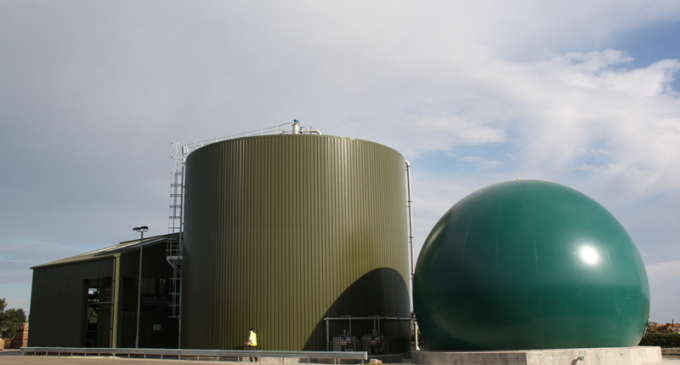UK Market Report on Anaerobic Digestion

The UK Green Investment Bank (GIB) has published its first market report on anaerobic digestion (AD). The report, the first of its kind, gives an overview of the issues facing the market and identifies the opportunities, and barriers, for investment.
AD, a natural process in which micro-organisms break down organic matter into biogas and digestate, is used to manage waste and release energy. AD avoids food and agricultural waste going to landfill in addition to being a renewable source of energy and fertiliser. It is at the heart of the Government’s waste policies.
The findings of the report will be used to inform GIB’s strategy on the potential for debt investment in the AD sector as well as being a useful resource for the industry and investment community. GIB is actively investigating the opportunity to directly participate in up to £50 million of debt financing for AD projects. GIB will continue to make equity investments in AD through its nominated waste fund managers, Foresight and Greensphere, both of whom have already made investments in the AD sector.
Government research has indicated that AD could deliver between 3 and 5 TWh of electricity by 2020. However, the industry has expressed concerns about its ability to access funding, in particular senior debt finance. GIB expects AD to be an area of significant focus for it.
The key findings of the report are:
* Growing opportunity: There was 106MWe of capacity installed or in construction by FY 2012, more than double that of FY 2010. An additional 148MWe of specific capacity has been identified as potentially available to be developed;
* Fragmented and young market: The top five operators account for less than 28% of the market, which compares to 71% in the offshore wind sector. The majority of AD facilities in the UK have been in operation for less than three years. This presents a funding challenge for the sector, as it lacks an established and informed investor community.
* Wide ranging performance factors: There is a marked divergence in operational performance between different facilities;
* Critical factors to project success: The main barriers to growth in the sector are a) Feedstock selectivity; b) Deep understanding of, and access to local markets for digestate; c) Dedicated operating personnel; d) Active process management;
* Finance: The identified development pipeline requires capital investment of approximately £650 million. Although the AD market has indicated that it is in need of debt funding, equity may be more appropriate in many cases due to the youth of the market.
Adrian Judge, Managing Director for Waste and Bioenergy says: “AD is rightly at the heart of the Government’s waste policies, and GIB’s waste investment strategy. It provides a green and efficient way of managing waste, whilst providing both energy and fertiliser. For organic waste, AD is a cost-effective and sustainable waste management option. Although the UK market is still young and there are challenges for projects in delivering a consistent revenue stream, well operated AD facilities have the potential to achieve attractive commercial rates of return to both equity and debt providers.”


































